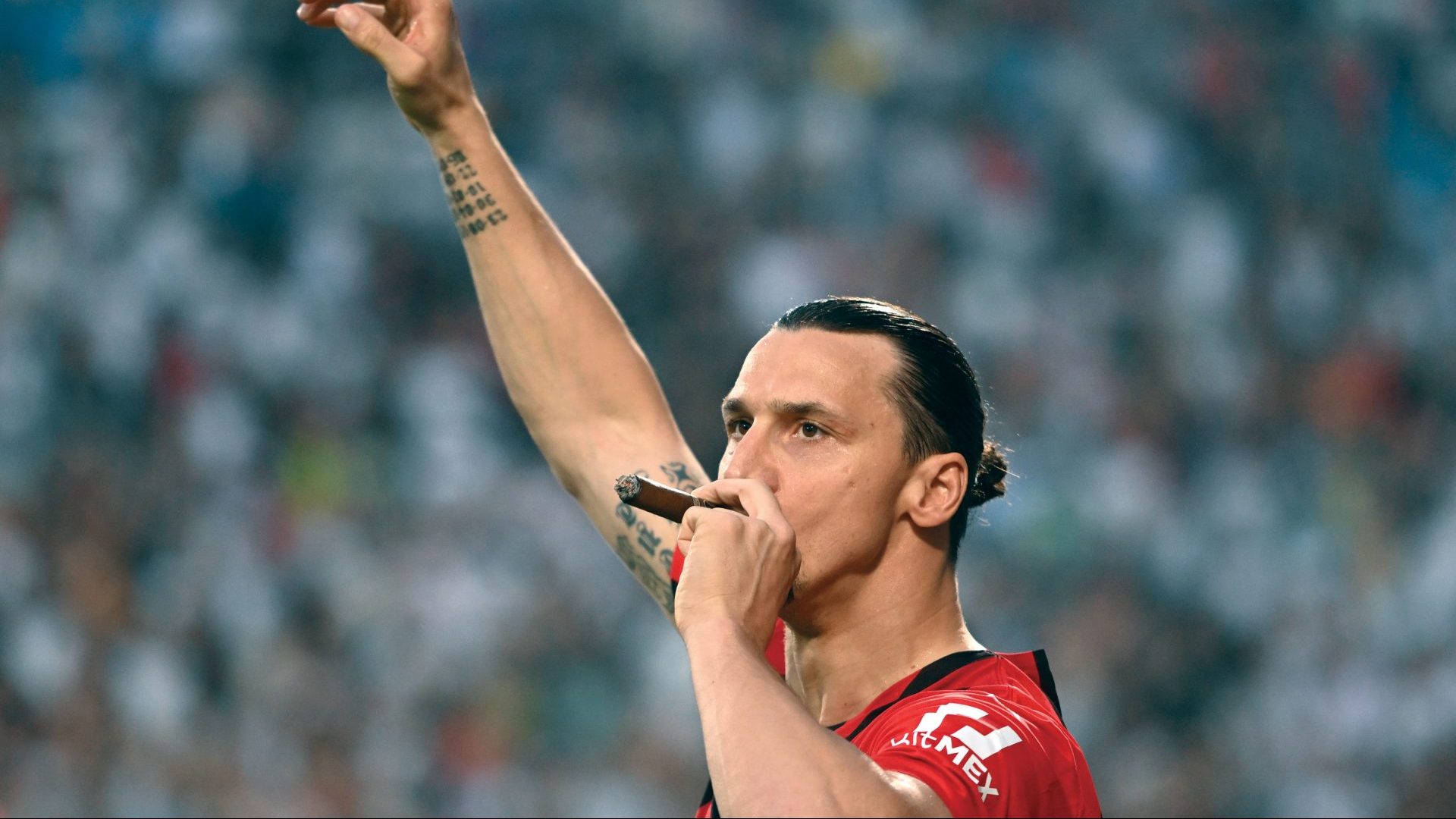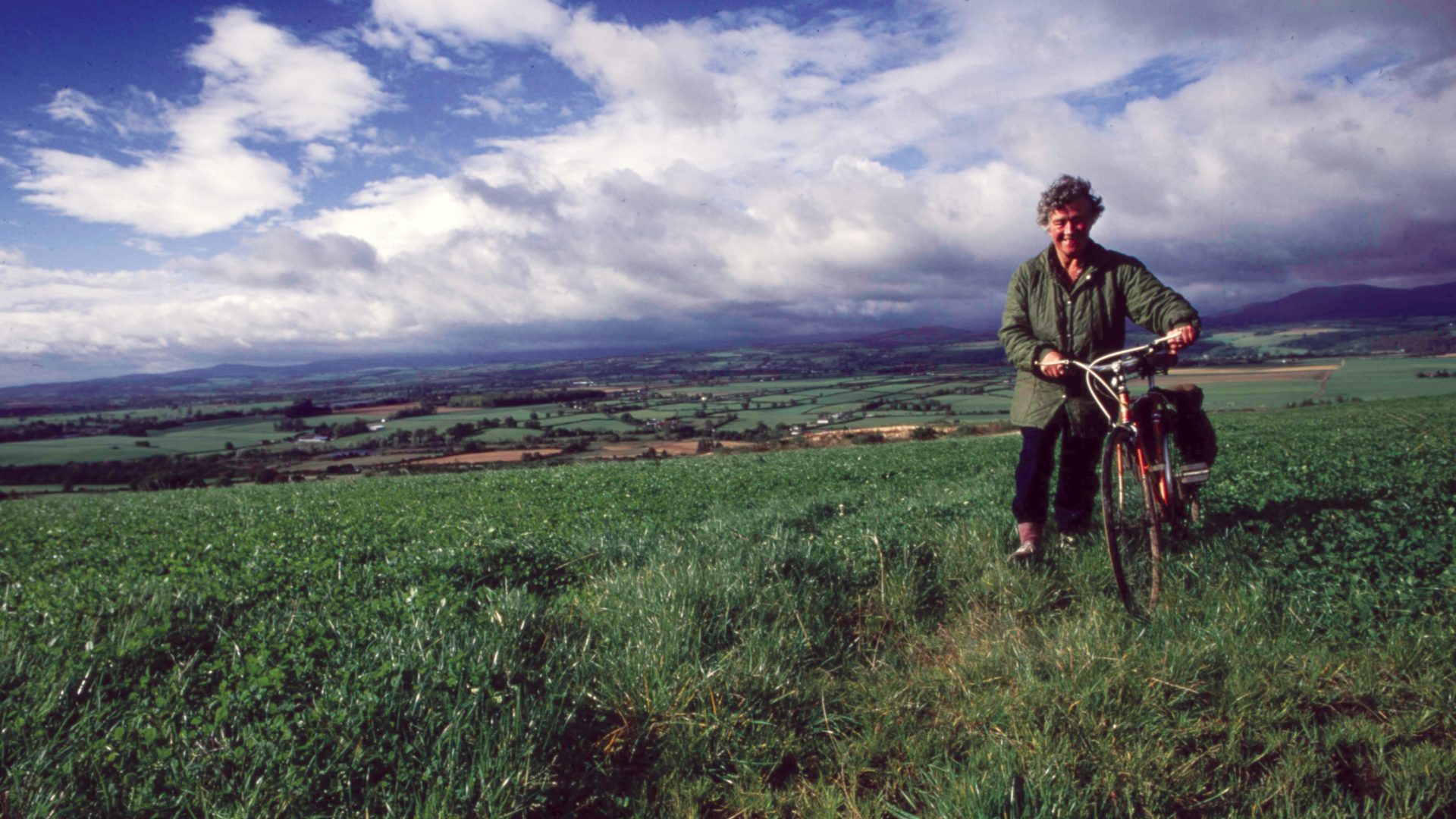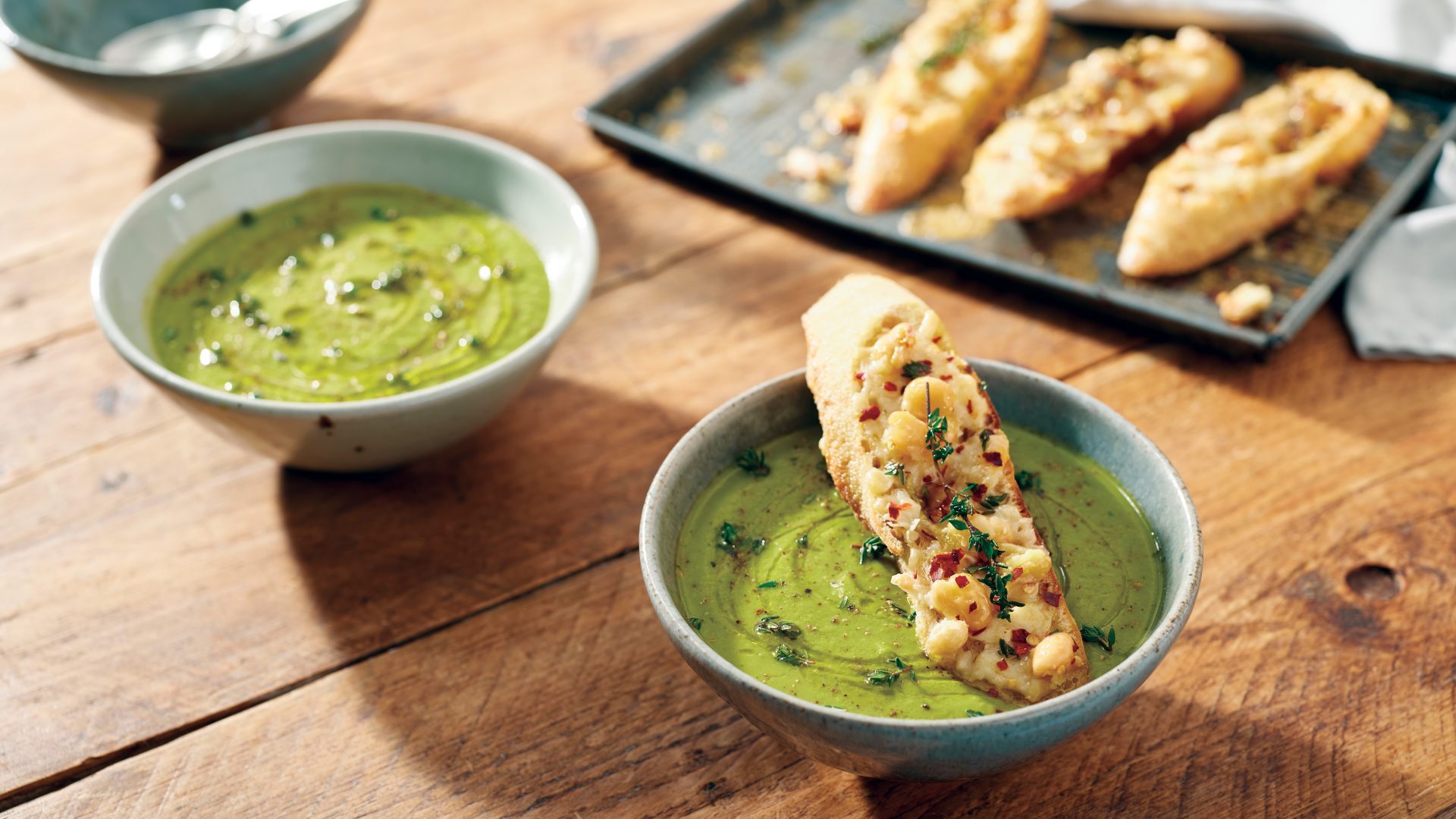Whither Italian football? In the dressing room of AC Milan last week a 40-year-old who had played half the season on one good leg gathered the new Serie A champions and said:
“I’m not about to say goodbye. When we started the first day I arrived, not many believed in us. When we understood to make sacrifice, suffer, believe and work – when this moment started we became a group. And so it is possible to do these things we did. I am proud of you all. Now, however, do me a favour: celebrate as champions because Milan is not Milan, but Italy is Milan!”
And for emphasis, the great Zlatan Ibrahimović flipped over the dressing-room table.
He had played the last 18 minutes of that final game of the season, and he hopes, almost pleads for another new contract from Milan’s latest owners, an American hedge fund group. Why not? He is, still, a winner. Still athlete enough to contribute, to score, to lead the team in some, if not all, of their games.
And he admits that he fears life without football. “When it stops I know I will have offers from all over the place,” he told ESPN recently. “But the adrenaline I get on the field… I will never get that doing something else.”
The fear is so great, the drive for another one-year contract so strong, that within days of flipping that dressing-room table, Zlatan was on an operating table in a Lyon hospital, undergoing surgery on his left knee’s anterior cruciate ligament.
Apart from his inflamed knee, his Achilles tendon has flared intermittently through the season. This is the pain, the wear and tear in the undercarriage of a huge athlete pounding his 1.95-metre, 95kg body through a 23-year professional career.
He has a huge personality, too. Over 50 million people follow him on Instagram, and he shares everything with those followers. “For the past six
months I played without an ACL in my left knee,” he wrote. “I was only able to train with the team 10 times in the last six months. Took more than 20
injections in six months. Emptied the knee (of fluid) once a week for six months. Painkillers (tablets) every day for six months. Barely slept for six months because of the pain. I made something impossible to something
possible. Today I have a new ACL and another trophy.”
Ibrahimović will turn 41 in October and, if he does play again, it is not expected to be before 2023. Milan is already scouring the market for another striker to run alongside, or in place of, their other veteran goalscorer, Olivier Giroud. The Frenchman turns 36 in September.
Their other striker, the Portuguese Rafael Leão, is a mere stripling of a lad at 22. But while Milan are reportedly ready to offer him revised terms to stay, Real Madrid forced their way into the equation once Kylian Mbappé turned down an astronomical offer from Bernabeu club to sign an equally galactic contract extension from Paris Saint-Germain.
The idea of Leão at Real, leaving the champions of Italy dependent on a front line with an average age of 38, says much about where Italian football now finds itself. Some of the figures their rivals deal in are not of this economic world. Madrid apparently offered the young Frenchman €180m (£153m) to sign as a “free agent” and a €50m (£43m) per annum salary, tax paid. Mbappé listened to his mother and said his heart was in Paris.
Nothing to do with the Qatari pay-any-price determination to keep him from
the clutches of Real, one of the main protagonists of the proposed European
Super League.
Speaking of that flawed notion, Milan’s chief executive, Ivan Gazidis, resurrected the call for it to happen in the euphoria of his club’s recapture of
the Scudetto. Gazidis, who both basked in the Arsène Wenger era at Arsenal
and ended it before jumping ship to Milan, repeated last week that Europe needs a new “ecosystem”, new “competitive balance” for football to remain healthy.
He knows that the next step for Milan is to be competitive on the European front. The Super League would have handed the chance to them on historical grounds. They, and their neighbours Inter, want the European landscape changed to respect their long-lost past and to boost their future.
So do Europa Conference champions AS Roma, who last week lifted Uefa’s third-tier competition in Albania. At least in his own mind, their coach, José Mourinho, has regained bragging rights, and it was – ahem – nice to be reminded that it is all about him, and about snatching the lead and defending for an hour to prevent a Feyenoord equaliser.
Both Roma and Milan are primed by American capital. Milan’s owner is Elliott Investment Management, led by Paul Singer, who even New Yorkers call a “vulture capitalist”. Singer’s hedge fund takes on “distressed securities” and Milan was certainly that after Silvio Berlusconi declined and his club fell into the hands of the Chinese investor Li Yonghong, later named and shamed on the country’s “List of Dishonest Judgement Debtors”.
Italy’s soccer barons are now history. The Agnellis still run Juventus, but the Morattis departed Inter, while Franco Sensi and his daughter, Rosella, left Roma.
Their American buyers will now try to make a buck by reviving those clubs, but without the leg-up that the Super League would bring, you will have to pardon my scepticism about whether Italy’s top clubs can be competitive at the very highest level.
So far, Mourinho has returned one small pot for €100m (£86m) speculated by the Friedkin family from San Diego. And listen to Alessandro Del Piero, one of Italy’s finest of recent history.
After North Macedonia knocked the Azzurri out of World Cup qualification, Alessandro said: “We no longer have economic power, talent power, mentality power. It is a consequence of the last 10 years… most clubs do not have youth training on a par with Europe.”




